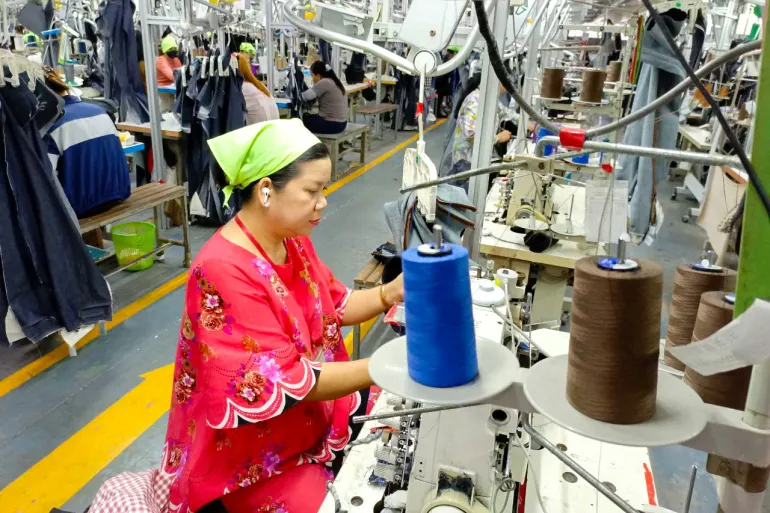Plaid Cymru has voiced concerns over the UK government’s approach to the potential nationalisation of British Steel, accusing it of failing to equally advocate for Welsh communities, BBC reports.
The party’s criticism comes after Chancellor Rachel Reeves announced that nationalisation was being considered for British Steel’s Scunthorpe plant, sparking further calls for the same approach for the Port Talbot steelworks in Wales.
Plaid Cymru’s economy spokesman, Luke Fletcher MS, argued that if nationalisation was deemed appropriate for Scunthorpe, it should also be considered for Port Talbot. The steelworks in Port Talbot, operated by Tata Steel, saw its blast furnaces close six months ago, resulting in the loss of 2,800 jobs. This decision followed an agreement between Tata Steel and the UK government, in which £500 million was allocated to help the company transition to more environmentally friendly steelmaking processes.
Plaid Cymru had long advocated for nationalisation, which they believe could have provided more stability for Welsh steelworkers. Fletcher stated that his party had “been asking for nationalisation to be considered until we were blue in the face” and expressed frustration that Labour, after winning the general election, did not deliver a better deal for Welsh steel than that offered by the Conservative government.
In response to the ongoing discussions surrounding British Steel, Dr. Gwyn Williams, Plaid’s Swansea spokesman, emphasized the potential benefits of nationalisation. He argued that nationalisation would enable the use of clean hydrogen-based technology for steel production in Wales, similar to practices already adopted at Tata Steel’s facilities in the Netherlands. Plaid believes that this green technology is crucial for Wales to develop a sustainable economy for future generations.
Despite these calls for nationalisation, Tata Steel made an announcement on Thursday that it had taken significant steps toward greener steel production with the installation of a “cutting-edge pickle line” at Port Talbot. This new facility, developed in partnership with Clecim and ABB Limited, is seen as an important component in the company’s efforts to modernize its operations and reduce its environmental impact.
Meanwhile, the UK government’s focus has shifted to the British Steel plant in Scunthorpe, where the company’s Chinese owner, Jingye, has raised concerns over the financial sustainability of the site. The plant, which is home to the UK’s only remaining blast furnaces, has been losing approximately £700,000 per day. Rescue talks are ongoing, with the UK government offering to buy the coal needed to keep the plant running. Chancellor Reeves confirmed that “all options are on the table,” signaling that nationalisation could still be a possibility for Scunthorpe.
Kallanish Commodities’ UK steel editor, Carrie Bone, noted the similarities between Tata Steel’s struggles and those faced by British Steel, particularly the need for both companies to transition away from outdated technology. Bone suggested that while Tata Steel accepted the £500 million government funding, British Steel rejected the offer and instead requested £1 billion, complicating the UK government’s decision.










The latest news in your social feeds
Subscribe to our social media platforms to stay tuned